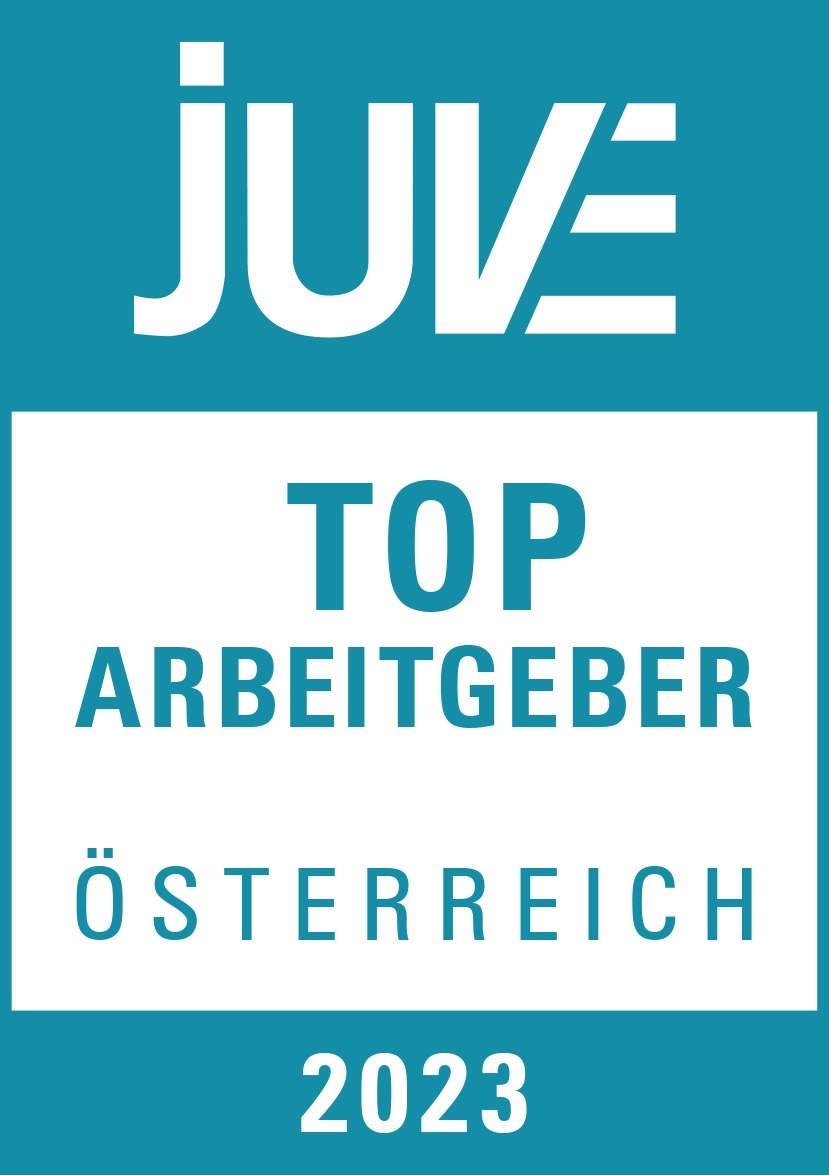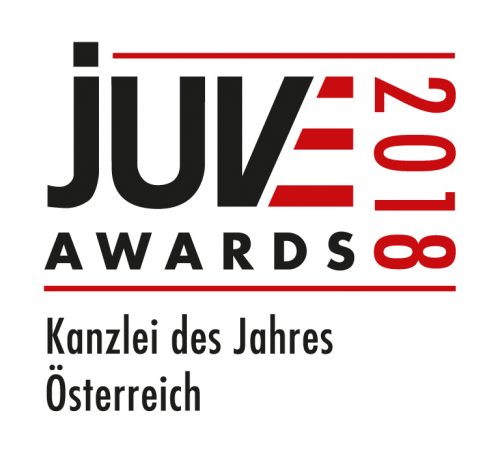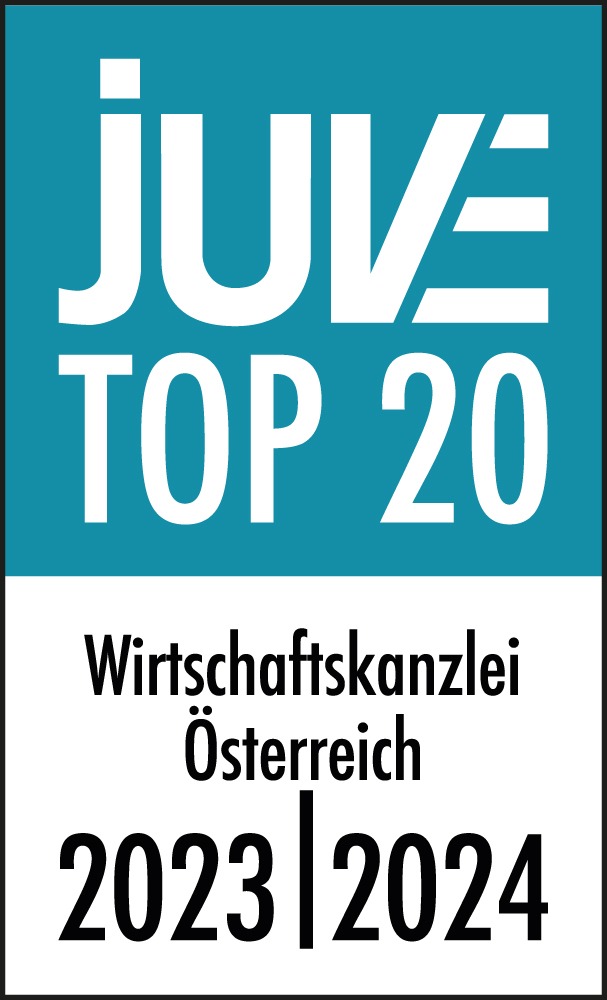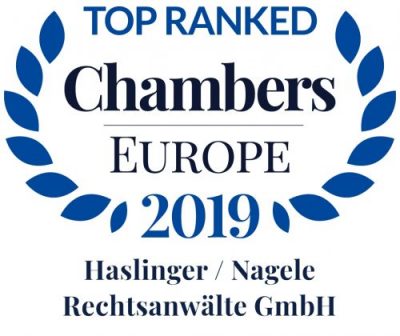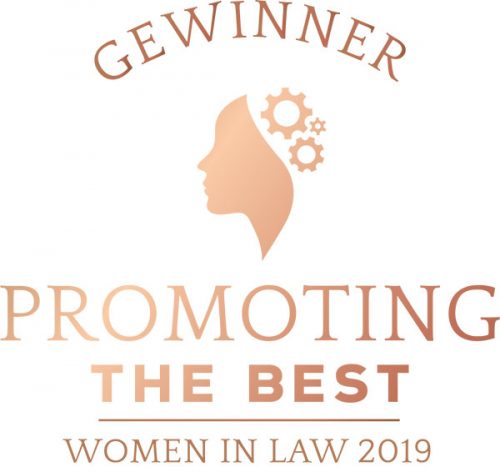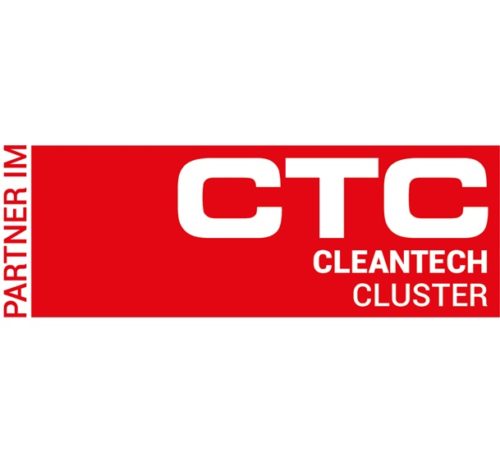Whistleblowing reporting systems
We help with implementation and processing!
What do we want to call our company? Which name is catchy, original, ideal in marketing, but also good and clearly descriptive? These questions are continuously relevant for businesses beyond foundation. The following should be considered:
When choosing a company name, certain legal restrictions have to be observed: According to Section 29 UGB, each new company must be clearly distinguishable from all companies already existing at the same location or in the same municipality and which are entered in the commercial register. This is to avoid confusion. This requirement has so far tended to be handled more restrictively in the east of Austria than in the west; but this restrictive approach seems to be spreading to the whole of Austria.
The yardstick for assessing the question of whether there is a risk of confusion with existing corporations is the public opinion (similar to Section 9 UWG). According to judicature, the basis for assessment is not the complete wording of the company name, but the form used in business transactions or the “core or the company”. The judicature assumes that such “catchphrases” are mainly used as company wording in daily business dealings (which, admittedly, is probably true). This also makes it clear that merely different (mandatory) legal form additions are not sufficient. As soon as there is a “catchphrase” (especially a prefix) which already appears in another company name, the remaining wording, which is entirely different, no longer plays a role (exceptions exist in affiliated corporations). As a rule, the first word of the company wording has to be clearly different.
Example: Companies such as “UNICOM Computer-Handel Gesellschaft mbH” and “UNICOM Handelsgesellschaft mbH” or “Rofena Herstellung und Vertrieb von Fenstern und Türen Gesellschaft mbH” and “Rofena Holztechnik Gesellschaft mbH” were judged to be insufficiently distinctive and were thus refused registration. As soon as a catchphrase (e.g. “UNICOM”, “Rofena”) occurs, which already occurs in another company wording, also the completely different remaining wording does not help any more.
In addition, a “phonetic check” is also carried out, at least in part: Company name components that are spelled differently but sound similar can therefore be classified as potentially confusable.
Examples: “ELTEG” and “ELDEC” are classified as confusable, for example, but BFA and BFH could also be considered confusable.
A likelihood of confusion can only be denied if the line of business of the two companies concerned is far apart (this is checked on the basis of the articles of association and not on the basis of the existing business licenses) and if the various business sectors are also sufficiently evident from the respective company wording.
Example: The Supreme Court considered the designation “actual” for machines on the one hand and windows on the other hand as permissible.
Finally, it is also noteworthy that a company registered in the commercial register can also violate Section 9 UWG or Section 43 ABGB. A company wording can therefore also collide with existing trademark rights and an accurate check of an intended new company wording is therefore also recommended against this background.
Recommendation for the future: If an intended company name contains a characteristic “catchphrase”, it is advisable to test this in advance, using any (writing) method and similar sound words in order to assess whether there could be a likelihood of confusion with already existing company names.
Who is affected? This more restrictive commercial register practice not only affects “new entrepreneurs”, but also existing companies if they want to change their company name or relocate the company headquarters to another municipality.
Our experts Daniela Huemer and Carina Gstöttner will be happy to answer any further questions you may have by phone or at akut@hnp.at.
This article is for general information only and does not replace legal advice. Haslinger / Nagele Rechtsanwälte GmbH assumes no liability for the content and correctness of this article.
24. August 2021
